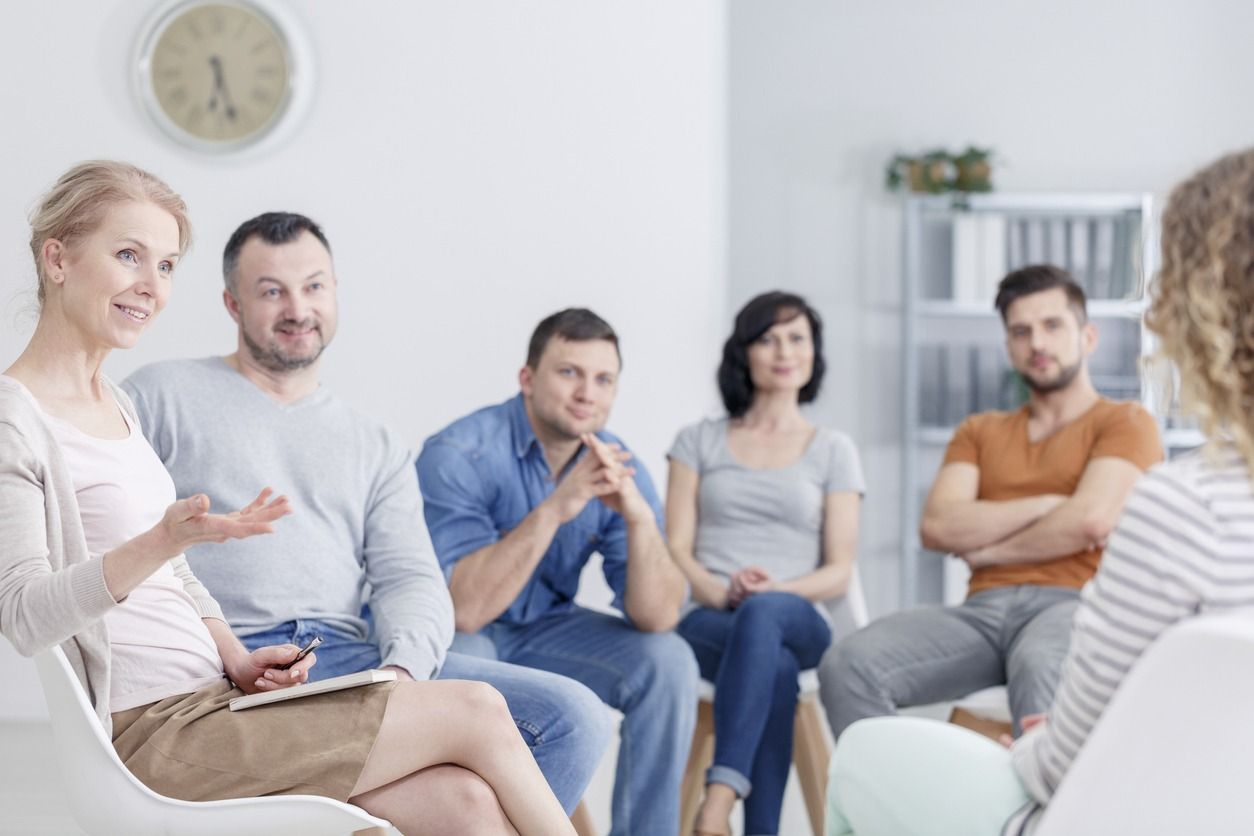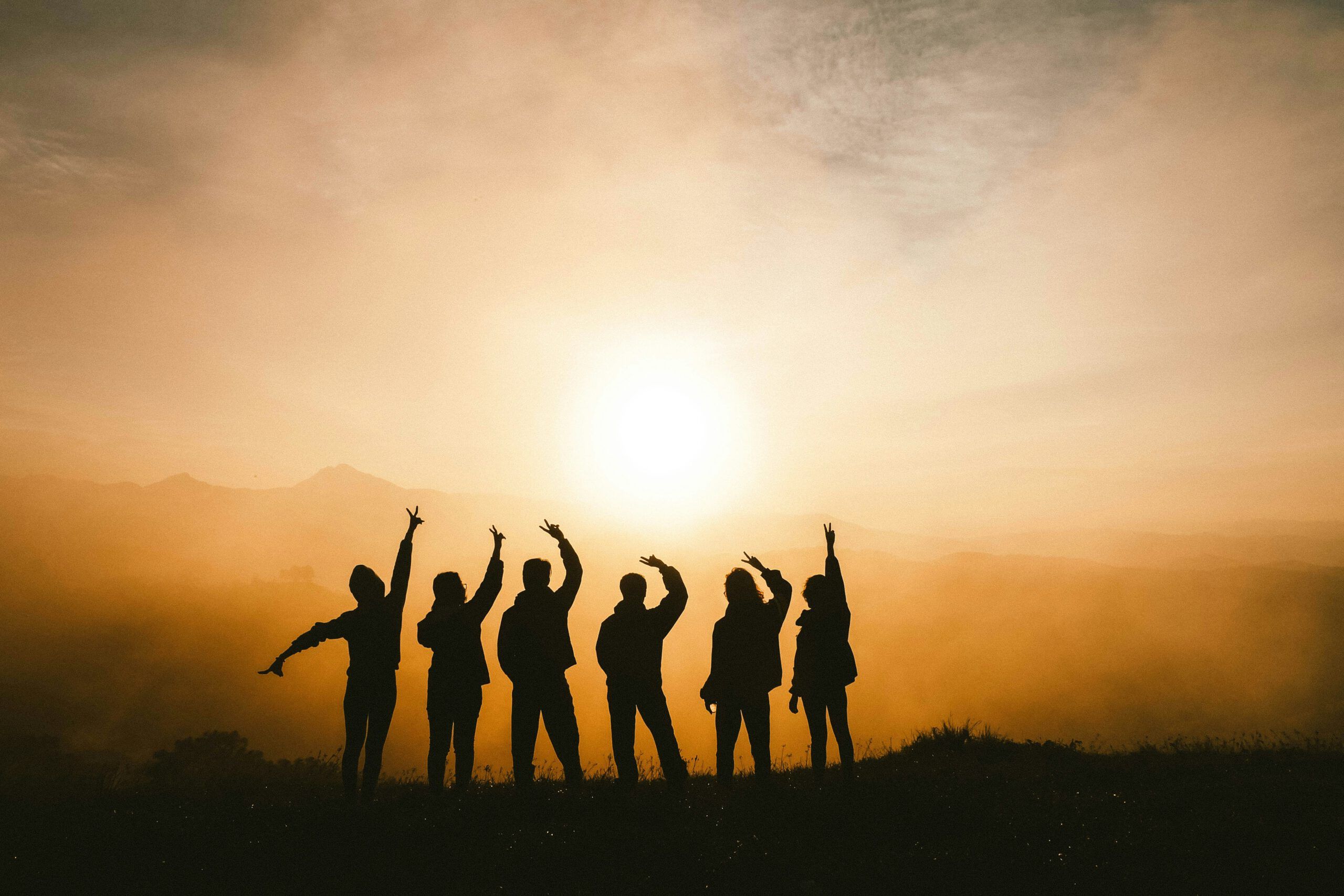- Home
- Blog
- Addiction Treatment
- How to Find Support When a Loved One Is in Treatment: Self-Care for Families
How to Find Support When a Loved One Is in Treatment: Self-Care for Families

- Home
- Blog
- Addiction Treatment
- How to Find Support When a Loved One Is in Treatment: Self-Care for Families

Table of Contents
Alcohol and drug addiction – known as alcohol use disorder (AUD) and substance use disorder (SUD) – affects not only the person using alcohol or drugs, but also their whole family. When a person with an addiction or substance abuse seeks treatment, it typically includes intensive therapy, an introduction to self-help support groups, educational classes, and coaching on lifestyle and behavioral changes that support sustainable recovery and sobriety.
But what about their loved ones?
If your friend or loved one is in addiction treatment, you’ve probably worried, argued, cried, and changed your way of life to try to help them. You need support as well. Here’s a brief overview of the different types of support available to you.
1. Al-Anon & Nar-Anon
- Al-Anon (AA) and Nar-Anon (NA) are perhaps the most well-known of all support groups for loved ones of people with AUD/SUD. Started in 1951, AA and NA meetings are now available all over the world. These 12-step groups introduce you to other families who have dealt with alcohol or drug addiction. They can relate to what you’re going through. Together, families share their experiences, offer hope to one another, and discuss ways to solve problems.
- Most Al-Anon and Nar-Anon meetings have anywhere from five to 25 members. They take place in person, by phone, and online. Similar to the Alcoholics Anonymous and Narcotics Anonymous meetings your addicted loved one may attend, these groups are independent and self-supporting. They’re not affiliated with any particular religious or political group.
2. Alateen & Narateen
- There are also teen-focused 12-step groups, called Alateen and Narateen. These groups were created specifically for teens and young adults who have family members or friends with addiction. They follow similar 12-step principles as Al-Anon and Nar-Anon, but with a focus on helping teens connect with and heal alongside others their age.
3. Families Anonymous
- Families Anonymous is another 12-step group that connects family members and friends of people with AUD/SUD with other families that share similar struggles. These groups are not specific to drugs or alcohol, but rather all related disordered behaviors, including problems like gambling. Formed in 1971 by a group of concerned parents in California, the group’s mission is to bring peace and serenity to its participants.
4. Parents of Addicted Loved Ones (PAL)
- PAL is a nonprofit group dedicated to “people helping people through the woods.” Founded in 2006, PAL meetings occur once a week, for 90 minutes, and are located all over the U.S. Meetings are open to people of any faith or background. The organization’s goal is to encourage parents of children with drug or alcohol issues to learn, share, and give and receive support.
5. SMART Recovery Family & Friends
- SMART Recovery is a non-religious alternative to 12-step groups like AA and NA. The program also offers Family and Friends meetings for loved ones of people with AUD/SUD. Groups meet both online and in person, all across the world. They focus on helping families develop coping and communication tools to help themselves as well as their loved one. If your loved one prefers SMART Recovery meetings over 12-step meetings, consider attending SMART family meetings so you and your loved one can speak the same recovery language.
6. GRASP
- GRASP (Grief Recovery After Substance Passing) specializes in supporting people who have lost someone to overdose or addiction. Group meetings create a comfortable, healing place where families can be with others who understand their pain and grieve together, rather than in isolation.
7. NAMI Family Support Group
The National Alliance on Mental Illness Family Support Group can be a good resource for families facing addiction or any kind of mental illness. NAMI structures these groups so everyone has a voice and a chance to speak. They emphasize sharing, self-forgiveness, and coping skills. Meetings typically last 60 to 90 minutes and take place weekly, every other week, or monthly.
8. Family Support Through Your Loved One’s Addiction Treatment Center
- Many drug rehab programs offer family support while your loved one is in addiction treatment. Some offer family therapy, where you can explore family dynamics and work with your loved one to improve communication. Others offer educational family workshops, where you can learn about AUD/SUD, talk with other families about your experience, and develop recovery skills. Whatever your treatment center offers, your participation is critical for both you and your loved one. These groups are often led by professionals who have unique insight into treatment and recovery, and are experienced at helping families heal and grow together.
9. Professional Therapy
Self-help support groups are extremely helpful, but they serve a different purpose than therapy. During your healing process, you may discover issues that you need to work through with an expert. Professional therapy can help. You can look for individual therapy for yourself, seek out a marriage counselor for you and your spouse, or a family counselor for you and your family members. Although therapy is not free like most support groups, it is worth the investment.
Seeking Support While Your Loved One is in Addiction Treatment is a Sign of Strength
Everyone affected by the disordered use of alcohol or drugs needs support. Try a few different meetings and see where you feel most comfortable. They are free and confidential, and you have nothing to lose by giving them a try. Support groups can help you cope with the pain of loving an addict and realize you are not alone.
Getting help can also put you in the best position to support your loved one when they complete addiction treatment. By learning all you can about what they’re going through, building emotional strength, and attending to your own needs, you’ll be able to be there for your loved one as they navigate their recovery journey.
Family involvement is an internal part of addiction treatment at The Ridge. Learn more about how we support families during treatment >>





